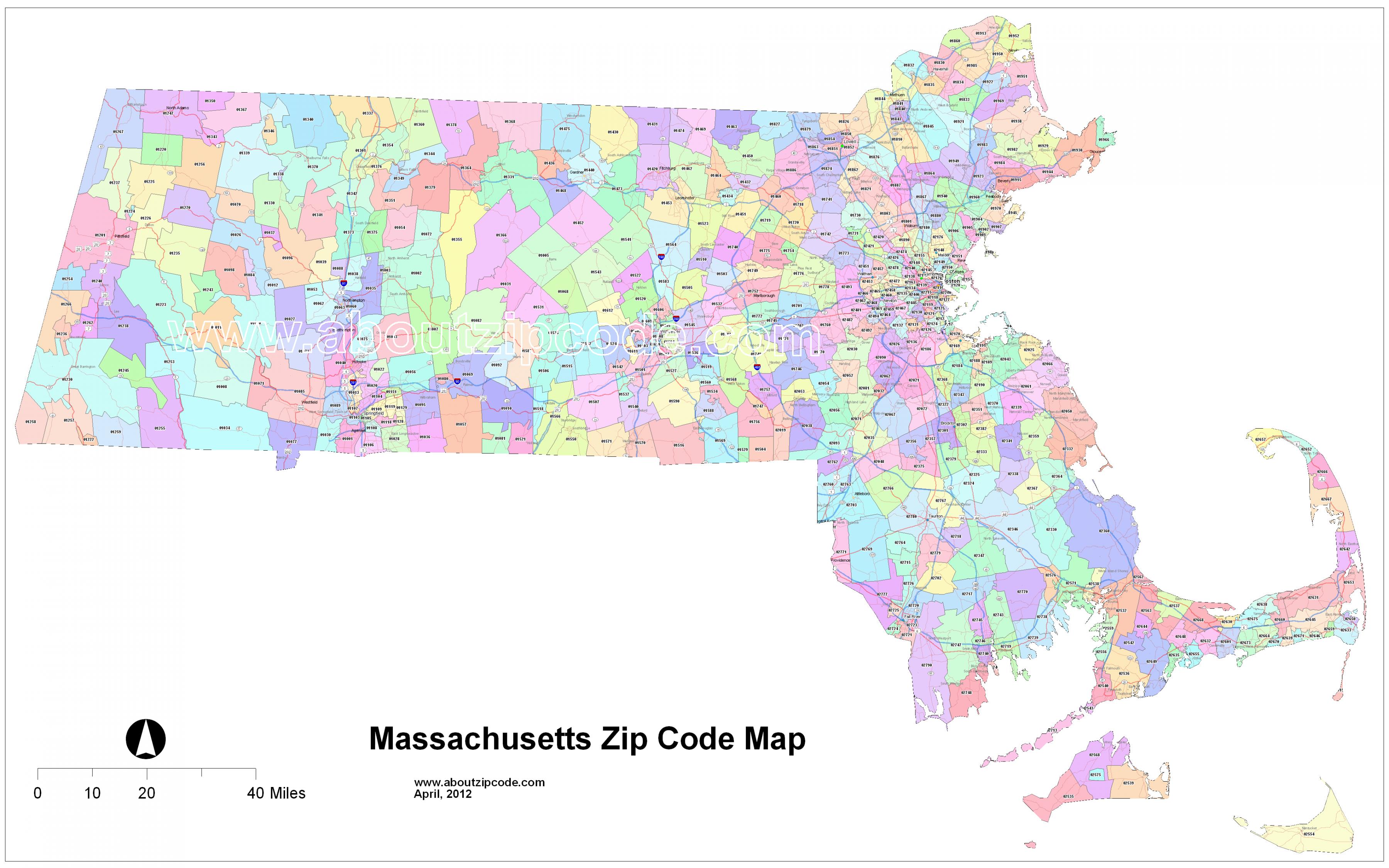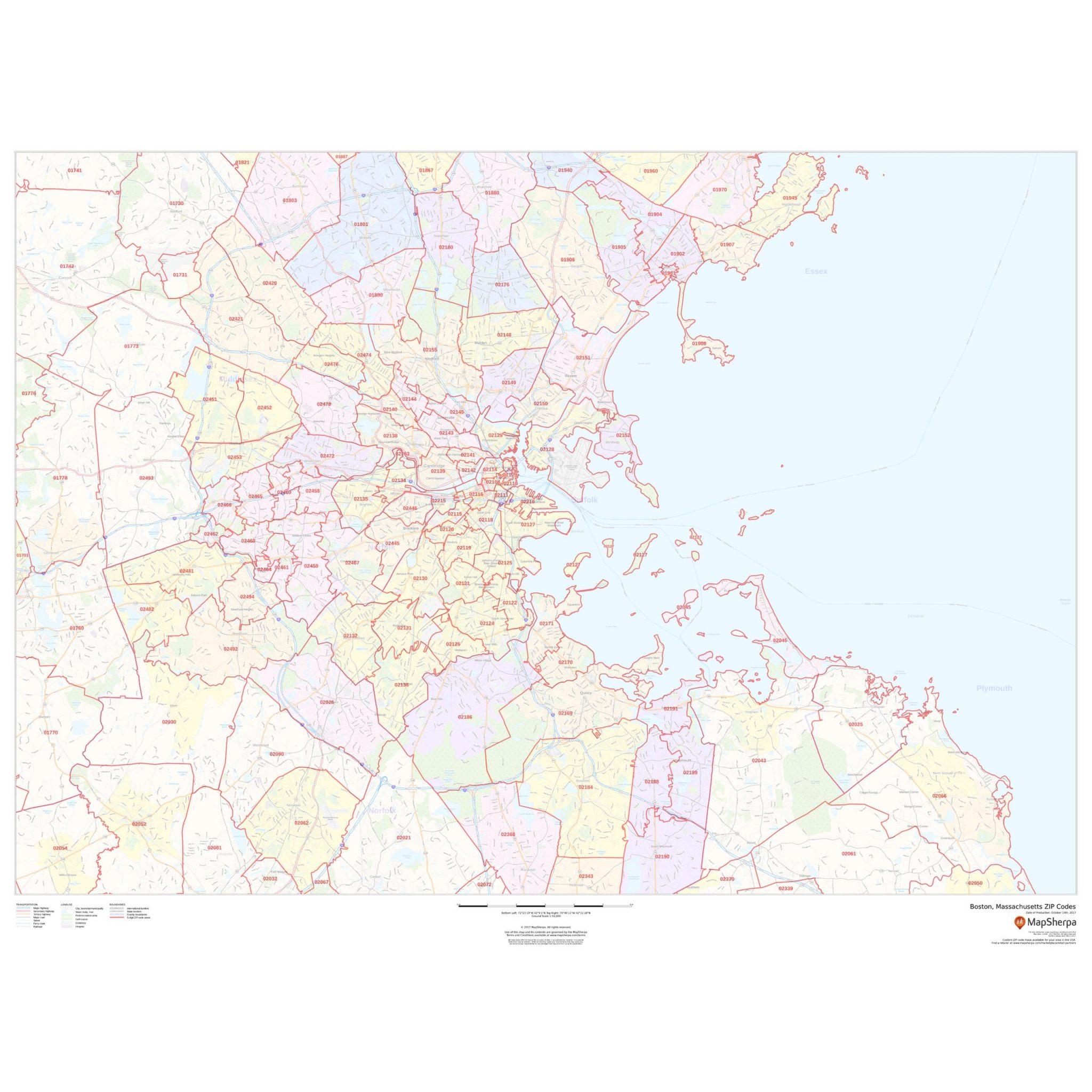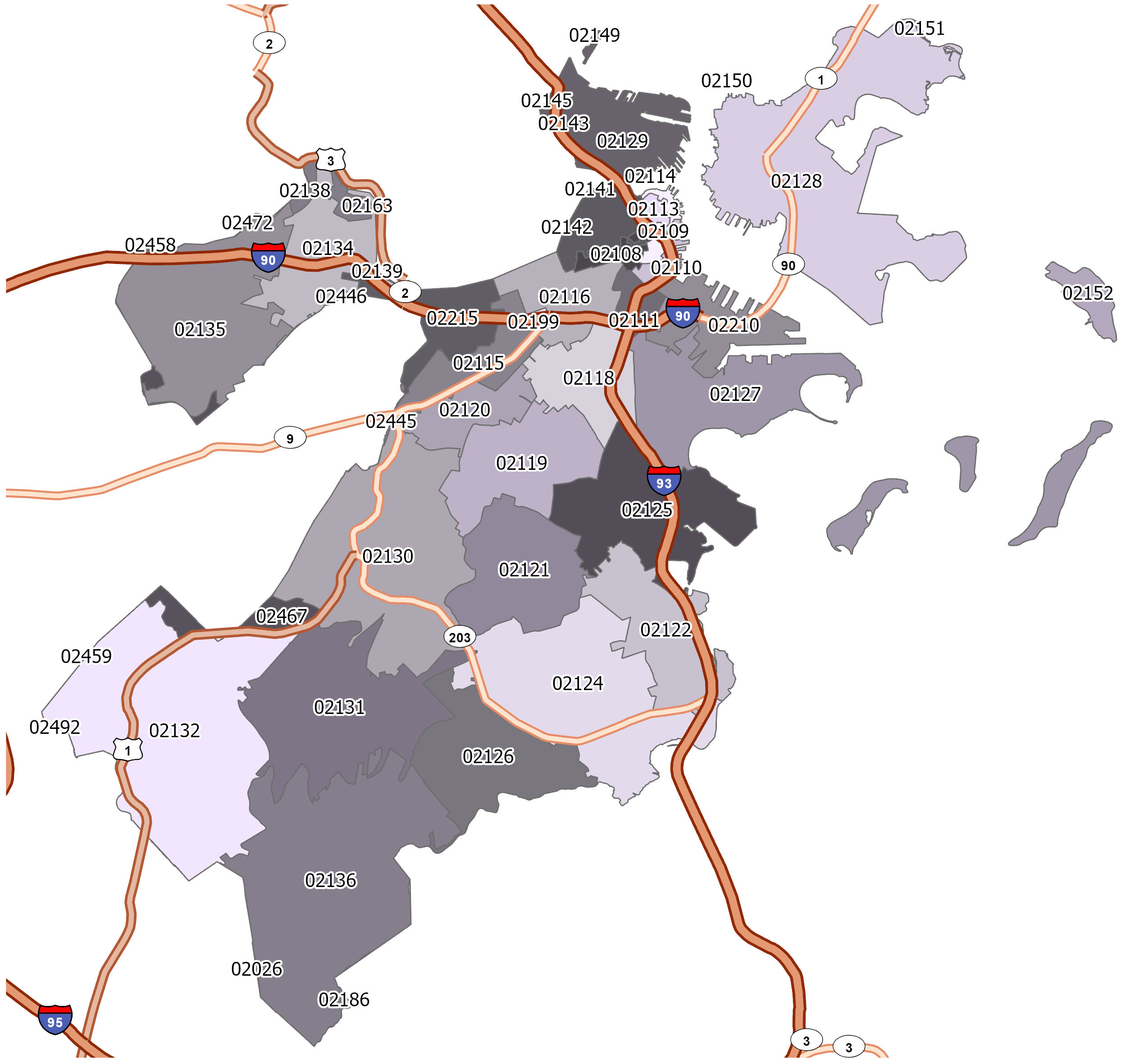Ever wondered why Boston’s phone numbers start with 617 or 857? Well, buckle up, because we’re about to take you on a journey through the fascinating world of Boston Massachusetts area code. It’s more than just numbers—it’s the heartbeat of communication in one of America’s most historic cities.
You might not think much about area codes when you’re scrolling through your contacts, but trust me, these digits tell a story. From the bustling streets of Downtown Crossing to the serene paths of Boston Common, the Boston Massachusetts area code is a silent witness to the city’s growth, evolution, and character.
So, whether you’re a local Beantowner or just someone curious about the digits dialing into Boston, this article’s got you covered. We’ll break it down step by step, uncovering everything you need to know about Boston’s area codes. Let’s dive in!
Read also:Valerie C Robinson Today The Inspiring Journey Of A Remarkable Woman
Understanding the Boston Massachusetts Area Code
Alright, let’s start with the basics. The Boston Massachusetts area code primarily revolves around two key players: 617 and 857. These aren’t just random numbers—they’re carefully assigned identifiers that help route calls to the right place. Think of them as postal codes for phone lines.
617 has been around since the 1940s, and it’s the original code for Boston. But as the city expanded and more people needed phone lines, 857 was introduced as an overlay in 1997. This means both codes can coexist in the same area, which might seem confusing at first, but it’s actually pretty efficient.
Now, if you’re thinking, “Why do I need to know this?” well, here’s the deal. Understanding area codes can help you navigate the phone system better, especially if you’re making local or long-distance calls. Plus, it’s always cool to have a little trivia up your sleeve, right?
History of the Boston Massachusetts Area Code
Let’s rewind the clock and take a peek at how it all began. Back in 1947, the North American Numbering Plan (NANP) was introduced to simplify phone number assignments across the continent. That’s when 617 stepped onto the scene, becoming Boston’s official area code.
Fast forward to the late ’90s, and Boston was booming. The population was growing, businesses were thriving, and the demand for phone lines skyrocketed. Enter 857, the new kid on the block. This overlay code was designed to handle the extra load without disrupting existing numbers.
Interestingly, the transition wasn’t without its hiccups. Some folks were confused, others resistant to change. But eventually, the city adapted, and now both codes are seamlessly integrated into daily life. It’s a testament to Boston’s resilience and adaptability.
Read also:Masafun New Your Ultimate Guide To Adventure And Fun
Key Milestones in Area Code Evolution
- 1947: 617 is officially assigned to Boston.
- 1997: 857 is introduced as an overlay to accommodate growth.
- 2000s: Both codes coexist peacefully, serving millions of residents and visitors.
Geographic Coverage of Boston Massachusetts Area Code
Now, let’s talk geography. The Boston Massachusetts area code doesn’t just cover the city proper—it extends to surrounding areas too. 617 and 857 include places like Cambridge, Somerville, Brookline, and even parts of Milton. It’s like a big, interconnected web of communication.
But here’s the kicker: not all Greater Boston areas fall under these codes. For instance, towns like Worcester or Lowell have their own unique area codes. So, if you’re calling someone outside the immediate Boston area, you might need to dial a different code altogether.
This geographic diversity reflects Boston’s role as a regional hub. It’s not just a city—it’s a gateway to the entire New England region. And the area codes play a crucial part in keeping everything connected.
Why Boston Massachusetts Area Code Matters
So, why does any of this matter? Well, for starters, area codes are essential for accurate call routing. They ensure your calls reach the right destination without getting lost in cyberspace. Imagine trying to call your local pizza place, only to end up in Texas. Not ideal, right?
But beyond functionality, area codes also carry cultural significance. They’re part of a city’s identity. For Bostonians, 617 and 857 are more than numbers—they’re symbols of home. When you see those digits on your screen, you know you’re talking to someone who shares your zip code, your weather, and maybe even your love for the Red Sox.
In today’s digital age, where virtual communication dominates, area codes remind us of the importance of place. They ground us in reality, connecting us to our communities in ways that apps and emails can’t.
Area Codes and Local Identity
Think about it. If you’re from Boston, chances are you’ve got a 617 or 857 number. And if you don’t, you might feel a little out of place. It’s like having a secret handshake with the city. These numbers become part of your story, your history, and your connection to the place you call home.
Plus, area codes can influence how others perceive you. A 617 number might scream “local” to someone from Cambridge, while an 857 might suggest a newer resident. It’s subtle, but it’s there. And in a city as diverse as Boston, those little details matter.
Common Misconceptions About Boston Massachusetts Area Code
There are a few myths floating around about area codes that we need to clear up. For instance, some people think that having an 857 number means you’re less authentic or “not really from Boston.” That’s just not true. Both codes are equally valid and serve the same purpose.
Another misconception is that area codes determine the cost of calls. Nope. Whether you’re dialing 617 or 857, the rates are the same. The only thing that matters is whether you’re calling locally or long-distance.
Finally, some folks believe that area codes are assigned based on social status or wealth. Again, not accurate. It’s all about geographic location and demand, not who you know or how much you earn.
Debunking Area Code Myths
Let’s break it down:
- Myth 1: 857 numbers are less prestigious than 617. Fact: Both codes are equally respected.
- Myth 2: Area codes affect call pricing. Fact: Pricing depends on distance, not the code itself.
- Myth 3: Codes are assigned based on wealth. Fact: It’s purely geographic and demand-driven.
How to Use Boston Massachusetts Area Code Effectively
Now that you know the ins and outs of Boston’s area codes, here’s how to make the most of them. First off, always include the area code when dialing, even for local calls. This ensures your call goes through smoothly and avoids any potential confusion.
Second, if you’re moving to Boston, consider getting a local number. It’ll make you feel more connected to the community and might even give you a leg up in business or social situations. People tend to trust calls from familiar area codes more than unfamiliar ones.
Lastly, if you’re traveling to Boston, be aware of the area codes. It’ll help you navigate calls and avoid unexpected charges. Plus, it’s always good to have a bit of local knowledge under your belt.
Future of Boston Massachusetts Area Code
Looking ahead, what’s in store for Boston’s area codes? With technology evolving at lightning speed, it’s possible we’ll see new overlays or even changes to the current system. But one thing’s for sure: the need for reliable communication won’t diminish anytime soon.
As Boston continues to grow and attract new residents, the demand for phone lines will only increase. This could lead to the introduction of additional area codes or modifications to existing ones. Whatever happens, the goal will always be to keep the city connected and thriving.
So, whether you’re a lifelong Bostonian or just passing through, understanding the area codes is a valuable skill. It’s a small but important piece of the city’s puzzle, and one that deserves recognition.
Trends Shaping the Future of Area Codes
Here are a few trends to watch:
- Growth in Mobile Usage: More people are relying on mobile phones, which could impact area code assignments.
- Technological Advancements: Innovations in telecommunications might lead to new ways of handling area codes.
- Population Expansion: As Boston’s population grows, so will the need for additional or modified area codes.
Conclusion: Embrace the Boston Massachusetts Area Code
And there you have it—a comprehensive look at Boston Massachusetts area code. From its rich history to its current role in communication, these numbers play a vital part in the city’s fabric. They’re more than just digits—they’re a reflection of Boston’s spirit, resilience, and unity.
So, next time you dial a 617 or 857 number, take a moment to appreciate the story behind it. And if you’ve learned something new today, don’t hesitate to share this article with your friends. Together, let’s keep the conversation going.
Oh, and if you’ve got any questions or thoughts, drop them in the comments below. We’d love to hear from you!
Table of Contents
- Boston Massachusetts Area Code: A Deep Dive Into the Numeric Backbone of Beantown
- Understanding the Boston Massachusetts Area Code
- History of the Boston Massachusetts Area Code
- Geographic Coverage of Boston Massachusetts Area Code
- Why Boston Massachusetts Area Code Matters
- Common Misconceptions About Boston Massachusetts Area Code
- How to Use Boston Massachusetts Area Code Effectively
- Future of Boston Massachusetts Area Code
- Conclusion: Embrace the Boston Massachusetts Area Code
- Table of Contents



